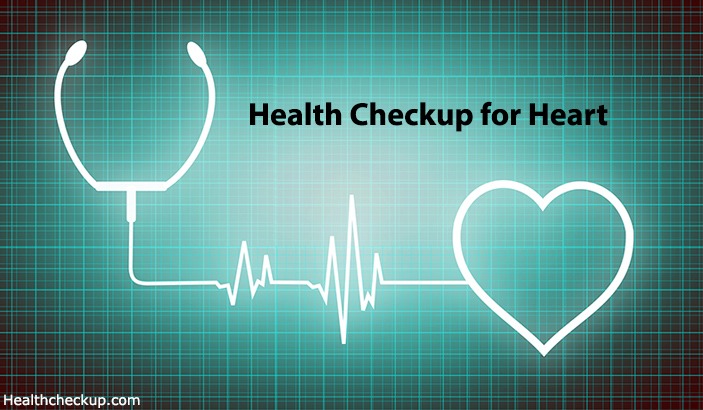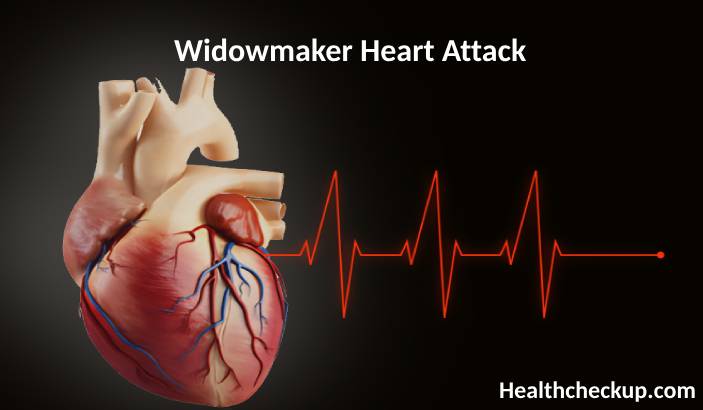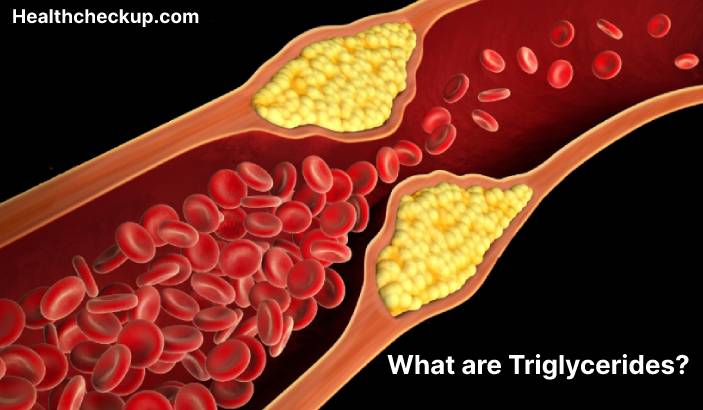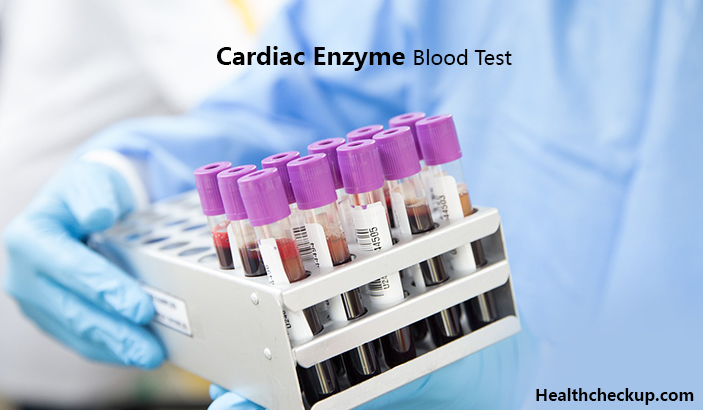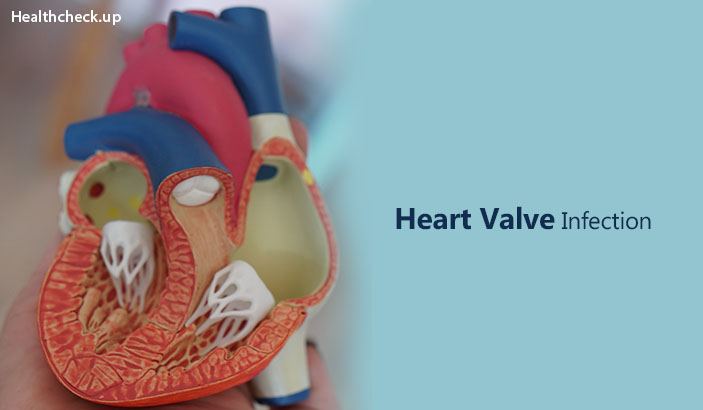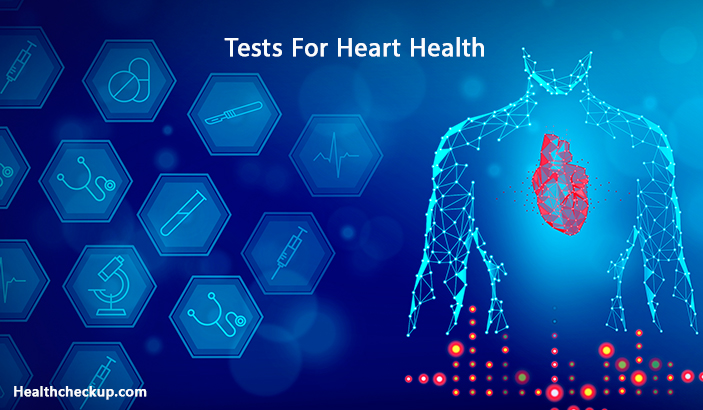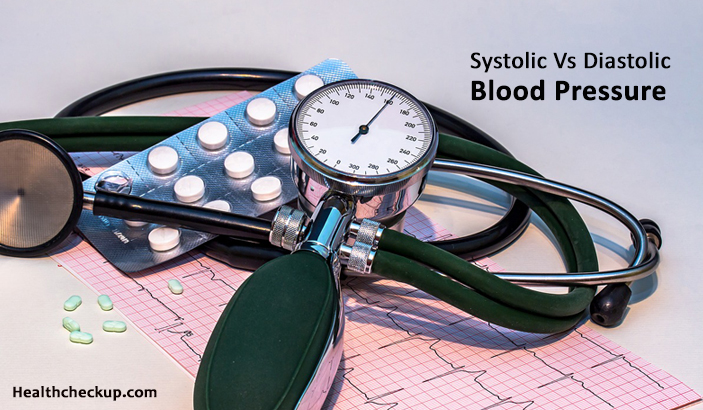Thanks to our hectic lifestyle and erratic schedules, we hardly get time to relax and take care of our health. The high-stress level that we go through daily is known to have an adverse effect on your heart. This coupled with our bad food habits and lack of exercise result in the increase in the rate of heart attack and ailments across the world. Gone are the days, when heart attack and strokes were associated with old age. Now, people in the age bracket of late 20’s and early 30’s are also known to succumb to this ailment. It is about time that we sit up and start to take care of our health.
Heart disease is one of the leading causes of deaths in India. What’s surprising is that the cause of death in India has quickly shifted from epidemic or infectious diseases to cardiovascular issues. Irregular heartbeat and stroke are the main causes and account for more than 80% of all heart disease deaths in the country. It is estimated that there are 4.6 crore patients suffering from heart disease in India.
Know the Disease:
Heart disease is any condition that affects the working of your heart. The veins and arteries in our body supply blood to the heart and a blockage or reduction in the size of an artery can reduce the flow of blood to the heart. This in turn results in the death of heart tissues, which is locally known as ‘Heart Attack’.
Plaque build-up and increased fatty deposits are the most common reasons for artery blockage that cause blood clots. Prolonged high blood pressure if not treated can often cause heart failure, though there are some who are born with congenital heart issues, vascular issues that can be congenital or caused due to an infection or an injury, which need surgeries to be corrected.
Prevention:
A health checkup for the heart is the first step towards prevention or treatment of heart diseases. If you believe that you are quite healthy and don’t need to get a check done then think again! Heart checkup is the most important of the lot.
Today, lifestyle ailments and unnatural ways have become the standard with most people, making them disposed to suffer from a heart disease, even at a young age. A check-up is important and it helps to avert any illnesses and reduce the risk factor of succumbing to one.
Who Should Take the Health Checkup for Heart?
Getting a heart checkup done is never a part of other routine health checks you do. These tests are often based on your age, gender, family and personal health history, and your predisposition towards cardiovascular diseases. For someone who suffers from elevated blood pressure, is a smoker and has diabetes, he will have to frequently get tested for heart issues while a non-smoker who is relatively free from other health conditions will need to get this test done less frequently.
What Does a Typical Checkup for The Heart Include?
A typical health checkup of the heart includes routine tests like urine and blood analysis, post and pre fasting blood sugar, an electrocardiogram, a treadmill test, a 2D Echo cardiograph, chest x-ray, BMI with height and weight measurement, and a blood pressure count too.
Earlier cardiologists were known to resort to only a stress test and treadmill test to determine your heart condition. Now, things are different in regards to health checkup for the heart. There are various kinds of examinations that can be done to ascertain the exact health status of your organ. Read on to know more about them and what to expect from them.
Take a Look at The Latest Tests That are Essential to Determine Your Heart Health:
1. Carotid Intimal Medical Thickness Test:
This is basically an ultra-sonography of your neck. In this ultrasound, the doctors get a clear view of the carotid arteries that are located on the left and right side of the heart. These arteries are important as they take blood to your brain and head. A gel is applied on the neck and then the technician glides the ultrasound device to measure the artery lining to determine if enough blood supply reaches the brain.
2. Cardiac Calcium Scoring:
This is commonly referred to as CT-scan. This test looks at the calcium, cholesterol and scar tissue that are a part of the arteries in your heart. Electrodes are attached to the chest and with an EKG appliance the heartbeat is monitored. You need to lie down and slide through a half egg shaped tunnel to test the same. Thanks to this CT scan, they get to know if there are any blocked arteries that might trigger a heart attack.
3. High Sensitivity C Reactive Protein Check:
This blood test looks at the CRP present in your blood. CRP is a protein that is present in your bloodstream. It alerts the doctors of any kind of inflammation in your body. High level of cholesterol damages the blood cells and causes inflammation that increases the CRP.Women who have an increased CRP have a 40% chance of suffering from a stroke.
4. Advanced Lipid Profile Test:
Do not confuse it with a normal cholesterol test that only looks at HDL, LDL and triglycerides. This advanced lipid profile test looks at the particle size too. This is essential as a few particles might be fatter than others, which means that they get bounced off the artery walls instead of entering.
On the other hand, the small and dense one’s can easily travel through the artery without much hindrance. This blood test helps to determine whether higher cholesterol levels make the particles fluffy and increase your chance of suffering from stroke.
5. A1 C Blood Glucose Test:
This is essentially a blood test that calculates an average blood sugar level based on the levels of the last 3 months. In this case, you neither need to fast nor drink-up extra glucose. Through this test, you can determine if your body is exposed to the risk of diabetes or not. This is important for the heart as diabetes is known to increase the chances of suffering from stroke by as much as 50 percent.
6. Genetic Tests:
In this test, a blood sample is taken to study KIF6 and APOE genes that are present in the body. Many people are not aware of their family health history or their genetic make-up. These tests will give your doctor an insight into your genetic propensity of having heart ailments, which would help them in offering the right treatment.
7. Stress Echocardiography:
Another important health checkup for the heart is the Stress Echocardiography, as it is a step above the normal stress test. In this test, both an ultrasound as well as a treadmill test is conducted to conclusively determine whether the blood flow to your heart’s chambers is normal and to understand if there are any blocks in the artery. The test results are highly accurate amongst women.
The list of 7 tests mentioned above would help you in detecting and preventing heart related ailments. The doctors will not ask you to conduct all the tests together under normal circumstance. They would ideally give you a combination of 2 or 3 examinations depending on your condition that would help them to gather enough information with regards to your heart and conclude if you have any ailments.
Apart from these tests, it is important to always lead a healthy lifestyle and follow a proper diet plan for a healthy heart.


